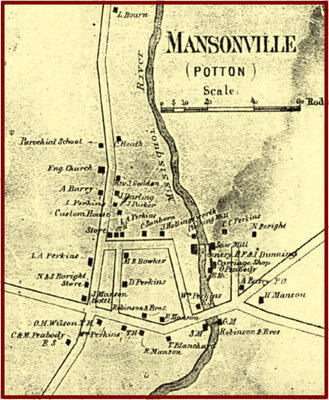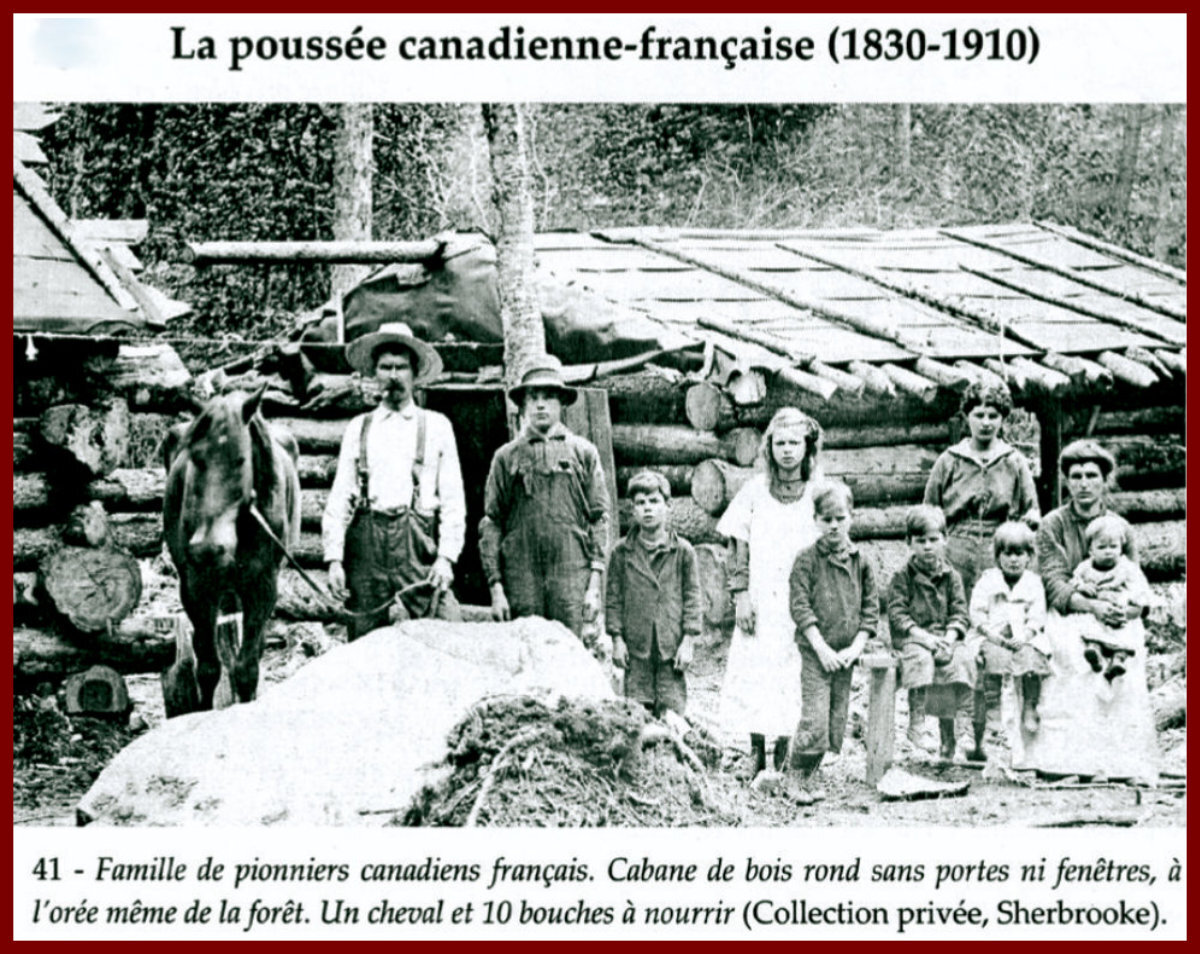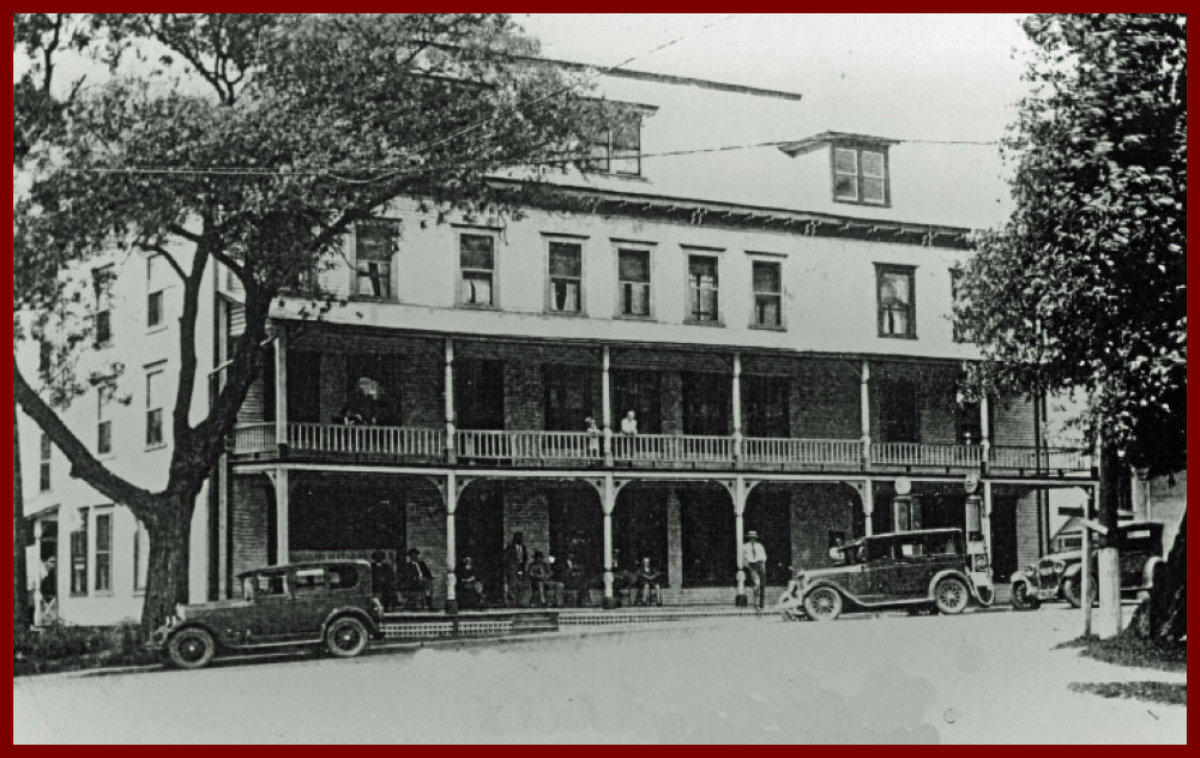The early colonization, from 1792 to about 1815 was almost entirely from south of the border, and consisted of Empire Loyalists and other Americans who were simply attracted by the availability of cheap land.
The earliest movement of French Canadians from the Seigneuries situated along the St. Lawrence River to the Eastern Townships began about 1830.
The Seigneuries were becoming overcrowded and between 1850 and 1880 more people continued to move both towards the Eastern Townships to work the land and to New England to work in manufacturing industries.
The political authorities and the Catholic Church in the Province of Quebec were alarmed at this movement out of the province, as they preferred that the people remain in Quebec. Consequently the legislative assembly passed a new law in 1850, permitting Catholic parishes to have the power to tax properties and to construct churches and schools.
This action encouraged more settlement in the Eastern Townships by people coming from the Beauce and other regions. Many arrived in Potton between 1850 and 1880 such as the Coté, Hamelin, St.Onge, Lamothe and Filion families.
By 1850, French Canadians were the predominant immigrants into the Township of Potton, and this continued well into the 1920s.
The village of Mansonville became the administrative center of the Township of Potton, but the four individual hamlets of Vale Perkins, Highwater, Dunkin and Knowlton's Landing maintained a certain identity with their own stores, schools and churches well into our time.
On July lst, 1855 the Municipality of the Township of Potton was incorporated; the population at that time stood at 1707 inhabitants.
Economic conditions were improving and increased tourism and vacationing spurred the construction of hotels and resorts, notably the Mansonville Hotel across from the common, which dated back to 1836; it was later owned by James Manson. The present day Giroux & Giroux Hardware store was the "Windsor" hotel in the late 1800s.
Other hostileries were the Highwater Inn and the Highwater Hotel, which provided dancing and floorshows and were for many people the center of their social life.
The population of Potton Township peaked late in the 19th century at about 2400; from then on the declining agriculture caused a migration to the industrial centers and a diminishing population.
In the 20th century the arrivai of many Europeans from the continent contributed to make Potton a multi-ethnic society of some 14 nationalities, including people from Czechoslovakia, France, Germany, Italy, Lithuania, Poland, Russia, Switzerland and the Ukraine.








